MercoPress. South Atlantic News Agency
Tag: Middle East
-
Thursday, September 27th 2018 - 08:24 UTC
Iran tells Trump he is responsible for oil price increase: stop interfering in the Middle East

President Donald Trump should stop interfering in the Middle East if he wants the price of oil to stop rising, Iranian Oil Minister Bijan Zanganeh was quoted as saying on Wednesday.
-
Wednesday, May 30th 2018 - 08:35 UTC
Shipping emissions the greatest challenge to oil price hikes
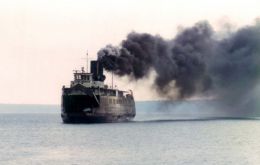
The most prominent driver of oil prices over the next two years is not likely to come from OPEC, Iran or Venezuela, but rather in the shape of a shipping revolution, analysts have warned. New rules coming into force in approximately 18 months' time are seen as a source of great concern for some of the world's biggest oil producers.
-
Monday, April 16th 2018 - 18:22 UTC
Most Latin American countries cautious or critical about bombings in Syria
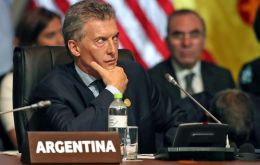
Canadian Prime Minister Justin Trudeau backed air strikes by the United States and its allies on Syria’s chemical weapons program but Argentina, Brazil and Peru voiced caution during a regional summit about the escalating military action.
-
Saturday, April 14th 2018 - 13:53 UTC
US coalition: Strikes in Syria increases tension; reactions worldwide
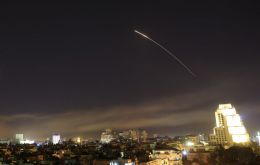
Bombs have fallen. Damascus has been beaten again. The United States, United Kingdom and France coalition launched airstrikes against Syrian targets as Donald Trump sought to punish Syrian President Bashar al-Assad for a suspected chemical attack last weekend near Damascus that killed more than 40 people.
-
Thursday, September 11th 2014 - 05:14 UTC
Islamic State's ultimate goal: Saudi Arabia's oil wells
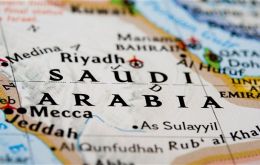
For the terrorist group known as the Islamic State, Syria and Iraq were a good place to start their campaign, but in order to survive and prosper it knew from the outset that it had no choice but to set its sights on the ultimate prize: the oil fields of Saudi Arabia.
-
Thursday, August 29th 2013 - 03:17 UTC
China calls for restraint in Syria and says military intervention can only worsen the crisis
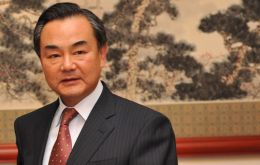
China's foreign minister urged restraint in the growing tensions over Syria, saying any military intervention in the crisis would only worsen turmoil in the Middle East. China all along has tried to maintain a neutral position on the issue, not accompanying the West’s intentions of imposing sanctions to Syria but calling on Damascus to begin talking with the rebels.
-
Thursday, August 29th 2013 - 01:02 UTC
Unasur summit will formally receive Paraguay at its summit in Suriname
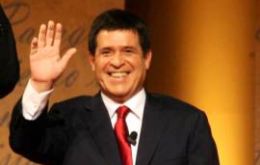
Unasur leaders will welcome Paraguay’s return to the group and will honour the memory of deceased Venezuelan president Hugo Chavez during this week’s summit in Suriname that will be taking the chair of the group from Peru.
-
Friday, March 1st 2013 - 06:39 UTC
Be careful: Russia is back to stay in the Middle East

Russia is back. President Vladimir Putin wants the world to acknowledge that Russia remains a global power. He is making his stand in Syria. The Soviet Union acquired the Tartus Naval Port in Syria in 1971 without any real purpose for it. With their ships welcomed in Algeria, Cuba or Vietnam, Tartus was too insignificant to be developed. After the collapse of the Soviet Union, Russia lacked the funds to spend on the base and no reason to invest in it.
-
Monday, February 25th 2013 - 20:21 UTC
Kerry refuses to comment on Falklands’ referendum; US position remains unchanged
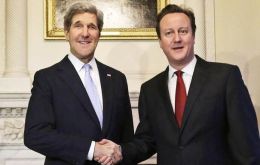
Starting in London his first trip overseas as the new US Secretary of State, John Kerry kept strictly to US policy on the Falkland Islands and refused to comment on the coming referendum when Islanders are expected to decide on their political status and future.
-
Monday, September 12th 2011 - 02:05 UTC
G8 and Mid East pledge 38bn dollars for Arab spring transition to democracy
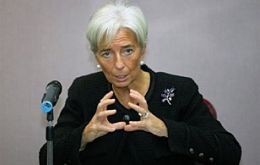
Western and Middle Eastern governments pledged to help Egypt, Tunisia, Morocco and Jordan make the transition to democracy, mobilizing 38 billion dollars of financing, mostly through international lending organizations.
